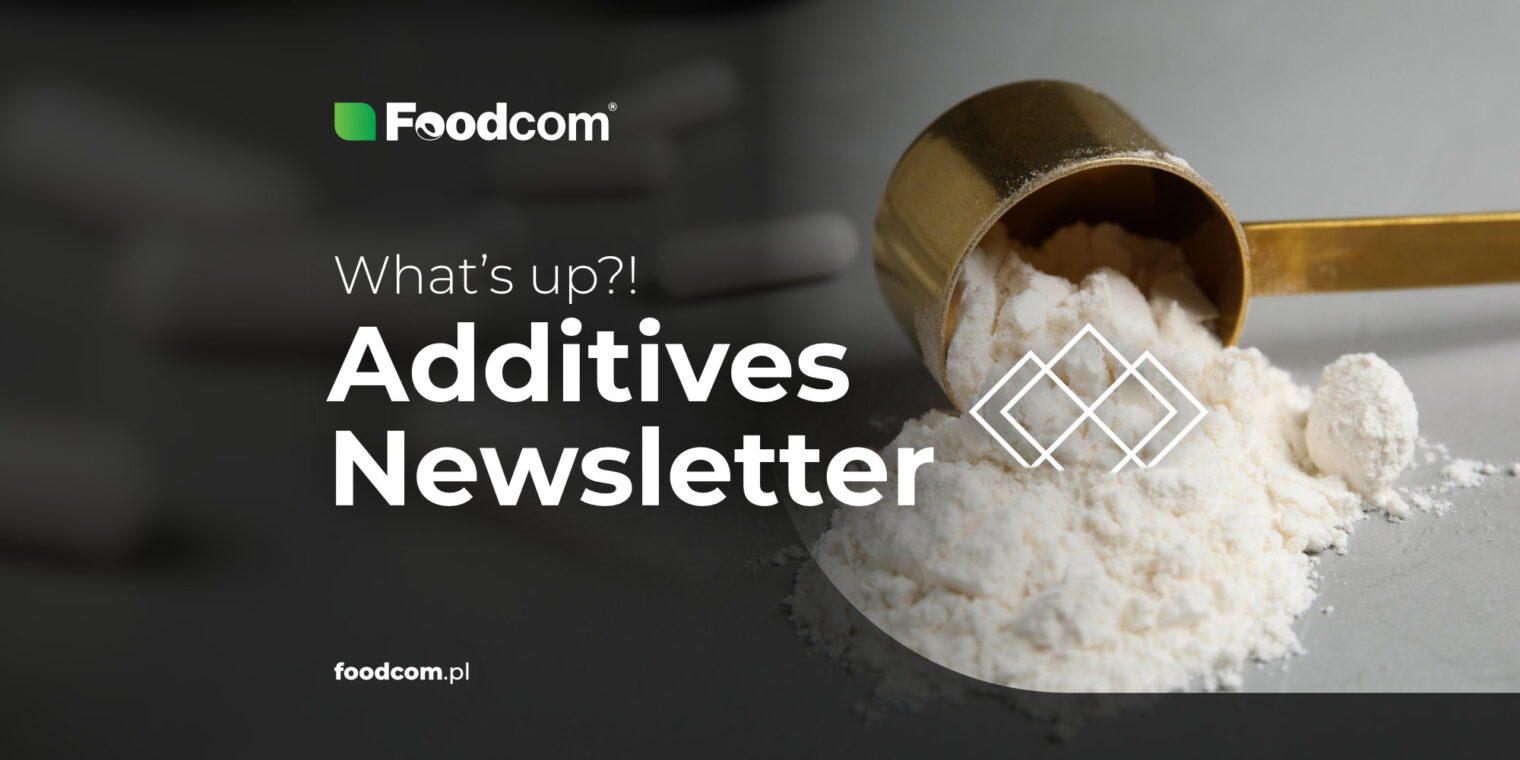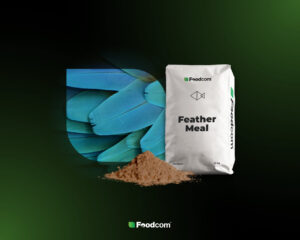Europe
Britain will use low-carbon fertilizer
A low-carbon fertilizer from Dutch company OCI Global has already arrived at ports in the UK. Farmers will be able to buy it as early as this fall. It will be used in the malting of barley and distillation of wheat to reduce the carbon footprint of those processes. Proponents of using this type of fertilizer stress that, given environmental concerns, there really is no alternative because if we want to feed a growing population, we cannot reduce the use of fertilizers.
Investors are urging the European chemical industry to reduce its emissions
They believe that the chemical sector’s role in greenhouse gas emissions has been overlooked. As a result, European chemical companies have been told they must take a path away from fossil fuels. Investors believe that developments over the past 1.5 years show that the sector’s commitment is both necessary and is producing tangible results. There are even thoughts of achieving complete carbon neutrality by 2050. Is this even possible for the chemical sector in particular?
ForFarmers is selling part of its business to Arvesta
Upon completion of the transaction, Arvesta will take over about 80 employees producing and selling about 420,000 tons of feed, as well as the production facility in Izegem, West Flanders. But that’s not all, as the deal also includes a mill and a plant in Ingelmunster. ForFarmers is expected to receive a net amount of €25 million from Arvesta for the transaction, which will be paid in cash upon closing in the second half of 2023.
The Americas
Archer Daniels Midland (ADM) and BiOWiSH Technologies will offer a new fertilizer additive
The fertilizer booster will be added to both dry and liquid fertilizer to produce a product with higher efficiency. Crops treated with such a fertilizer are expected to absorb nutrients better and have better soil conditions, resulting in higher yields of better quality. It is expected to increase farmer profitability, says ADM, and meet growing demand for agricultural products in a more sustainable way. Who would have thought that such a revolution would come from a single product…
Diageo uses drones for its tequila harvest
The goal is to increase crop yields and environmental benefits on the company’s tequila plantations in Mexico. Working in pairs, one drone identifies agave plants that need attention and collects data on their growth, while the other drone applies a unique blend of liquids at the right time. Data collection allows better decision-making, and just the introduction of drones has made it possible to reduce the number of tractors, whose work is definitely more harmful to the environment. The most important thing is that you do not drive (drones) after drinking alcohol, right?
Brazil Potash will make a major investment that is expected to become a milestone
The project aims to mine and process sillvinite into potassium chloride, with an estimated production capacity of 2.2 million tons per year. The Autazes project is located 112 kilometers from Manaus in the state of Amazonas and is expected to supply 20% of Brazil’s total potassium chloride consumption for crops. According to the announcements, the investment is expected to be worth $2.5 billion.
Asia & Oceania
Shell puts Singapore project on hold
At the end of 2021, the company announced a study to sustainably produce jet fuel on Bukom Island in Singapore. The fuel would eventually supply major Asian hubs such as Hong Kong International Airport and Singapore’s Changi Airport. Ultimately, the company decided to withdraw from the project, it recently announced.
Kuwait set a record for gasoline exports in March
The month’s kerosene exports were the highest since at least 2019, with recent reports indicating that Singapore overtook Japan as Kuwait’s top kerosene export destination, with a total of 193,000 tons last month. In addition, Japan accounted for only 181,000 tons of Kuwait’s gasoline exports, or about 25% of the total, while Egypt, India, and China accounted for the rest.
Neste enters Singapore
The Finnish biofuel producer plans to start commercial production at its renewable fuel development project in Singapore in the coming weeks. The new plant is expected to have an annual capacity of 1.3 million tons. Neste produces renewable fuels mainly from waste and residual materials, such as used cooking oil and animal fat from food industry waste. Is there anything at all that cannot be recycled?






